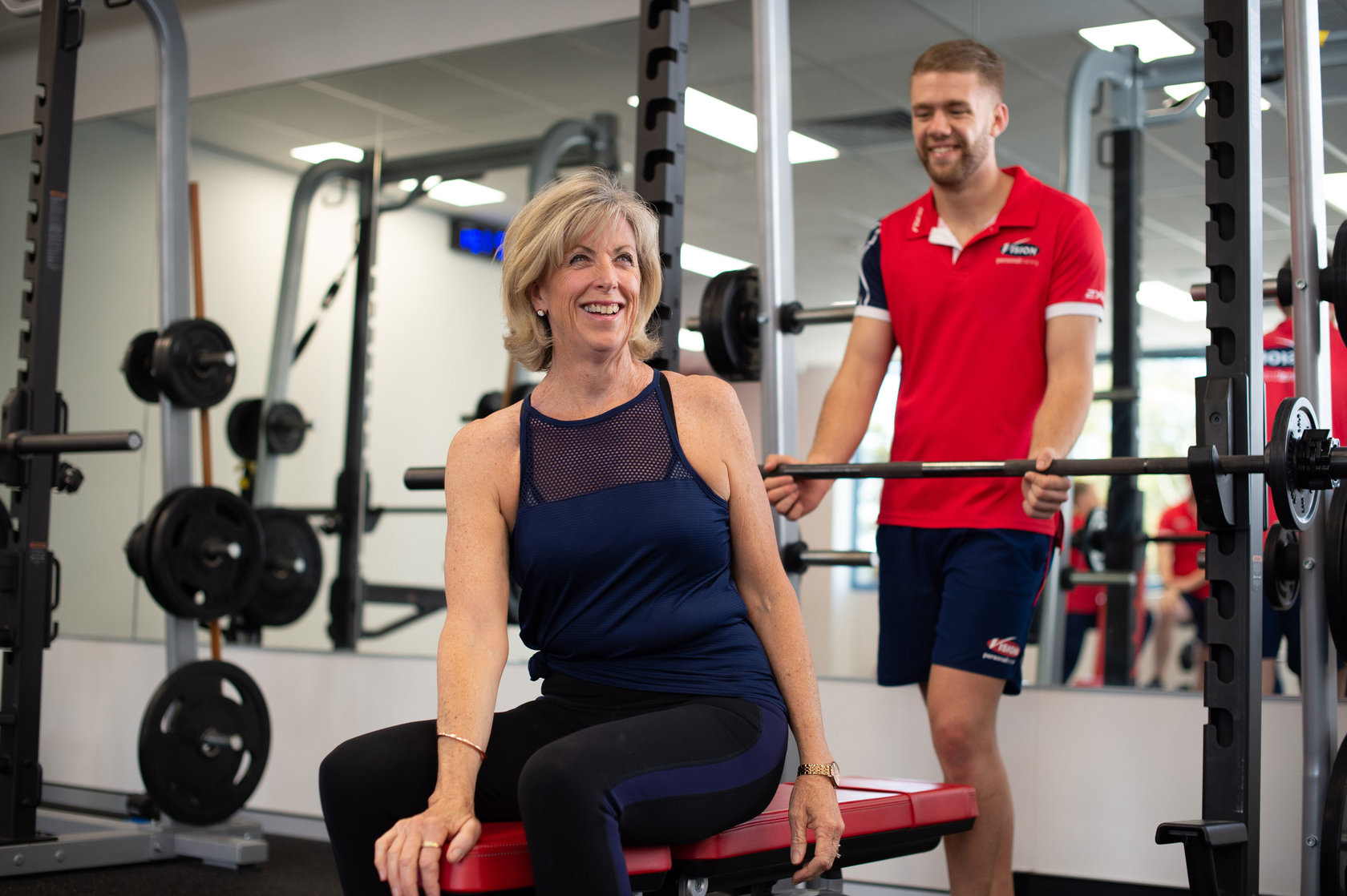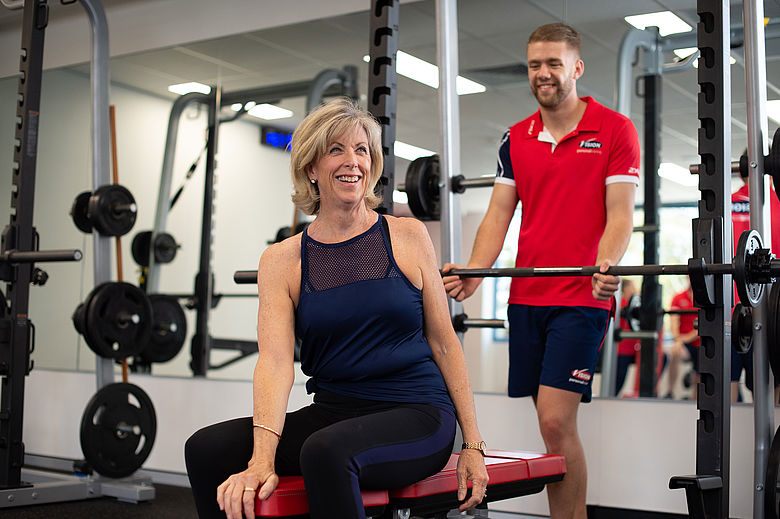Will a high protein diet harm my health?
As soon as you step foot into a gym, or decide to lift a weight - it is now an expectation that you have to consume a diet high in protein. Will a diet high in protein damage my kidneys, contribute to liver disease, cause bone loss, heart disease, cancer and just simply reduce my lifespan? There are many myths with protein intake and they are widespread. In this article we look to solve some myths, and answer the question "will a high protein diet harm my health?".
Why protein?
- Protein is one of the three macronutrient that makes up the food we eat. (The other two are carbohydrates and fat).
- Protein is made up of amino acids.
- Amino acids are the building blocks for most of the "stuff" in our bodies.
- Unlike fat (which is stored quite easily in those places that we don't want) we don't store an excess of amino acids. The amino acids are being constantly used, and excreted.
- When we don't get enough protein in our diet, that "stuff" in our body that is made up of amino acids can be broken down to increase the amino acids in our blood stream (this can sometimes mean muscle loss).
- We need to constantly eat protein to replenish our amino acids in our body and blood stream.
- Most of all, you NEED protein. We are basically a big pile of protein. 100% of your hair and nails is made from protein; most of our muscles, bones and internal organs are made up of protein; and many hormones are made mostly of protein.
How much do we need?
This will be different for each individual and their goal (An approximation is two grams per kilogram of your body weight. E.g if you weigh 80kg then your approximate daily intake of protein should be around 160g). You don't need to worry about calculating this, as your personal trainer will calculate your correct protein intake for YOU and YOUR goals.
The most common concerns of eating a high protein diet are:
- Kidney damage
- Liver disease
- Osteoporosis
- Heart disease
- Cancer
Let's look into each point!
Is a diet high in protein harmful to my kidneys?
There is a misconception with protein and the kidneys. People with pre-existing kidney problems should avoid a high protein diet, however if your kidneys are functioning fine - then a diet high in protein will have no negative effects. There is a big difference between avoiding protein because your kidneys are already damaged, and protein actively damaging your kidneys.
This is like running with a broken leg, and running with perfectly fine legs. Running with a broken leg is probably a bad idea, but does running cause legs to break? No.
The same goes for protein and kidneys. Eating more protein does cause the kidneys to work more, just like running will cause the legs to work more. But - protein hasn't been shown to cause kidney damage - again, just like running isn't going to cause your legs to break.
Is a diet high in protein harmful to the liver?
Like the kidneys, the liver is a major processing organ. This means whatever we eat will be processed though both of these organs, whether it be a high intake or low. If you have liver disease or liver damage, a diet too high in anything will be harmful. That being said, if there are pre-existing medical conditions with your liver, then you should avoid a diet high in protein. If you have no pre-existing conditions with your liver, then a diet high in protein will not be harmful to the liver.
High protein diets cause osteoporosis.
Eating a high protein diet without increasing your fruit and vegetable intake has been shown to increase the excretion of things like calcium. This finding has given people the idea that a high protein causes a person to develop osteoporosis. There is no evidence that supports this claim. If anything, not eating enough protein has been shown to cause bone loss. As mentioned above, our bones are made up of protein. Our bones are living tissue that is constantly being rebuilt. Just like our muscles need protein, so do our bones.
Women aged 55 to 92 who eat more protein have higher bone density. So eating more protein improves bone density in people most at risk of having osteoporosis.
Matt Aston
Manager Vision Personal Training Bangor
*Disclaimer: Individual results vary based on agreed goals. Click here for details.

